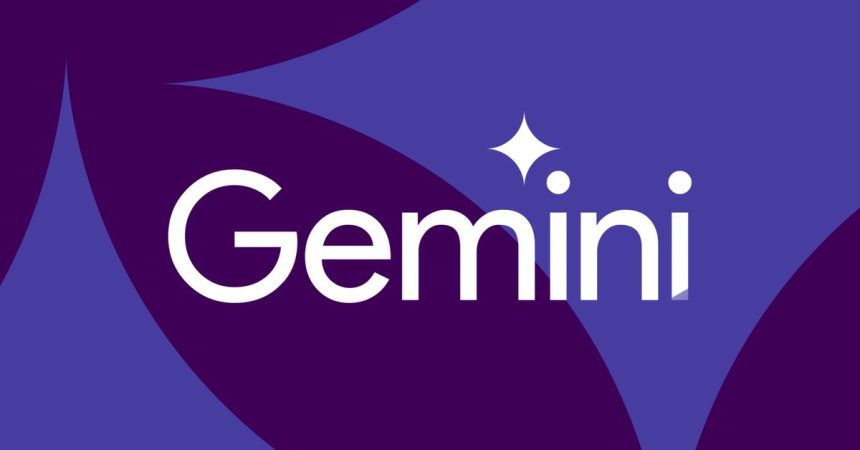The integration of Google’s Gemini AI assistant as the default option on Samsung’s latest smartphones marks a significant shift in the virtual assistant landscape. This move effectively replaces Samsung’s own Bixby, a functional but ultimately less capable assistant, with a more powerful and versatile alternative. For Samsung users, this offers a seamless upgrade to a more intelligent assistant capable of handling complex queries, visual searches, and deeper integration with device settings. While Bixby served primarily as a navigational tool within the device, Gemini’s broader internet access and advanced AI capabilities provide a substantial improvement in functionality.
This transition also represents a major victory for Google in its pursuit of AI dominance. After being momentarily caught off guard by the sudden rise of ChatGPT, Google has rapidly developed and deployed Gemini, its flagship AI model. The company’s CEO, Sundar Pichai, has expressed confidence in Gemini’s superiority over competing models, setting an ambitious goal of reaching 500 million users. By securing its place as the default assistant on the world’s most popular Android phones, Google gains access to a massive user base, generating invaluable data that will further refine and enhance Gemini’s capabilities. This virtuous cycle of data collection, improvement, and increased usage positions Google to solidify its position as the leading AI provider.
Google’s current advantage lies not necessarily in Gemini’s intrinsic superiority, but rather in its unparalleled access to information and a rapidly expanding user base. While Gemini’s capabilities are still under development and not without flaws, its vast data resources and extensive user interactions provide a powerful engine for improvement. This echoes Google’s success with search, where ubiquitous presence and continuous data feedback propelled the company to market dominance. However, this strategy also invites scrutiny regarding potential antitrust concerns, a familiar challenge for Google.
The virtual assistant arena, once populated by major players like Amazon’s Alexa, Apple’s Siri, and Google Assistant, has seen a significant reshuffling. While Alexa and Siri have struggled to keep pace with advancements in AI technology, Google has aggressively pushed forward with Gemini. While alternative AI assistants like ChatGPT, Claude, Grok, and Copilot offer compelling features, they lack the crucial element of built-in distribution. Gemini’s integration into the operating system of Samsung phones provides a significant advantage in accessibility, making it readily available at the press of a button. This ease of access, combined with deeper platform integration, positions Gemini as a more convenient and readily adopted assistant compared to app-based alternatives.
Gemini’s deeper integration with the Android platform unlocks a range of functionalities unavailable to other assistants. Its ability to modify device settings, access information from different apps, and perform cross-app tasks represents a significant leap in assistant capabilities. This level of integration, facilitated by the underlying architecture of Android, provides a distinct advantage over competitors. Given Apple’s struggles to enhance Siri’s capabilities, Google’s strategic advantage in platform integration could prove insurmountable in the evolving landscape of agentic, app-integrating assistants.
Google’s vast ecosystem provides numerous avenues for Gemini integration, significantly bolstering its reach and influence. From integration within Workspace applications like Gmail and Docs to its presence in YouTube, Drive, and Search, Gemini is rapidly becoming an integral part of Google’s product suite. This widespread deployment, coupled with the prominence of smartphones as the primary AI interaction device, further solidifies Google’s advantageous position. Its deep integration with Android allows for seamless and compelling user experiences, outpacing competitors like Apple, who resort to awkward workarounds to enhance Siri’s functionality. While all current AI assistants, including Gemini, have limitations and are prone to errors, Google’s strategic focus on widespread distribution and data acquisition positions it to capitalize on the burgeoning AI era. By embedding Gemini across its vast product range, Google is fostering user habits and establishing a strong foothold in the evolving relationship between humans and AI. This strategic approach mirrors Google’s dominance in search, leveraging its vast reach to gather data, refine its AI models, and ultimately solidify its leadership in the rapidly evolving AI landscape.



